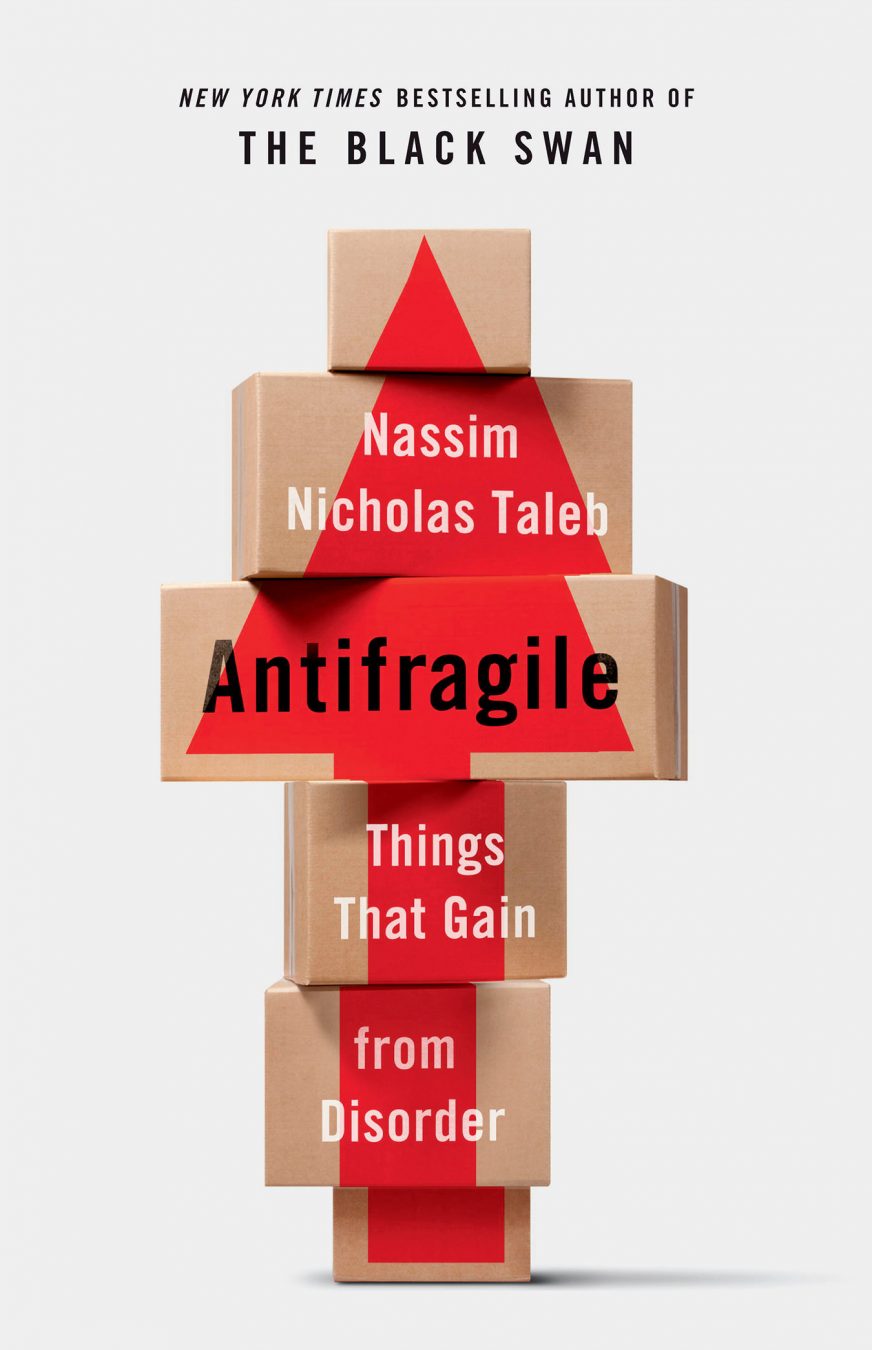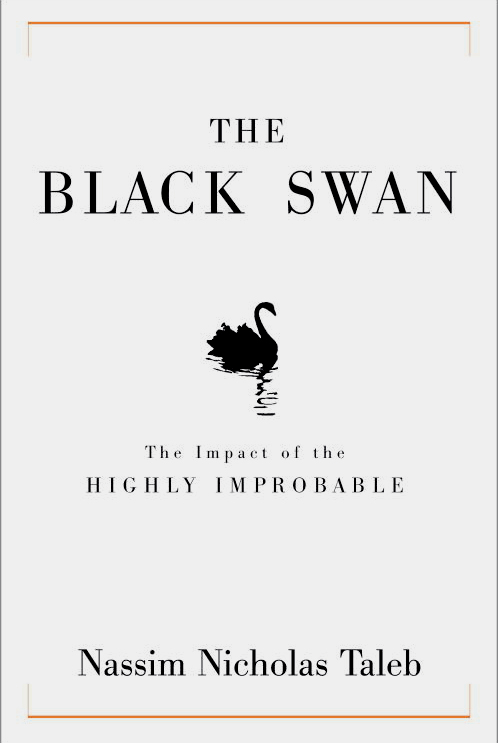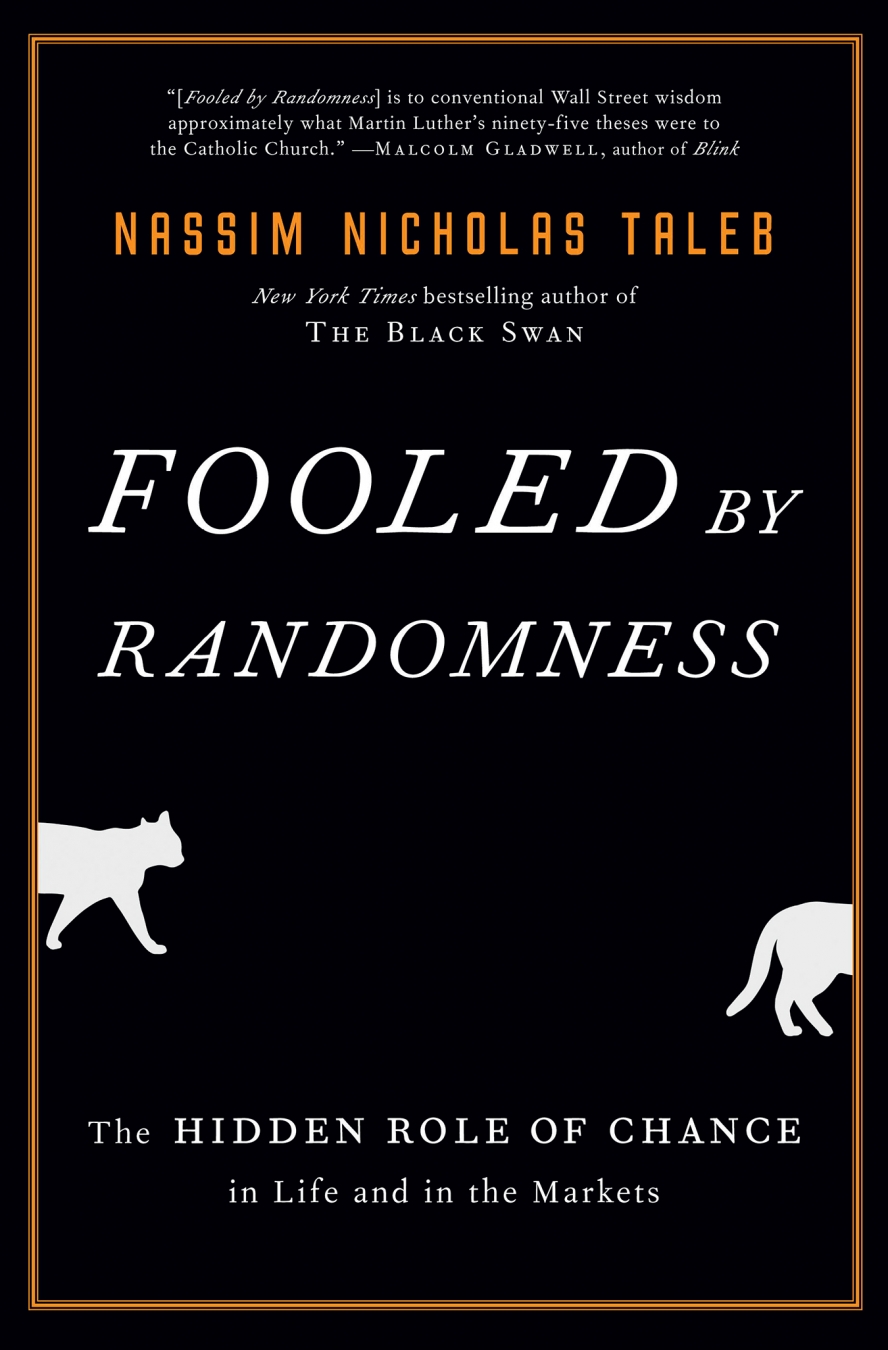Nassim Nicholas Taleb is a contemporary phenomenon, a Lebanese-American financier turned essayist, a genuine philosopher, in Karl Popper’s terms, not one who studies it as an academic discipline, but one “forced into philosophy by the pressures of non-philosophical problems”. The problems for Taleb originated with financial establishments, particularly their false or limited theoretical and predictive models based on their failure to recognize the world’s actual complexity, their Procrustean tendency to ignore or exclude whatever doesn’t fit their theories, and their tendency to rationalization and self-justification after the fact.
A financial insider, Taleb has impeccable credentials: multilingual, the holder of an MBA from the Wharton School of the University of Pennsylvania, a PhD in Management Science from the Université Paris-Dauphine, and decades of experience as a quantitative trader in New York and London, and a constantly sought-after consultant to governments and financial institutions. But his response to the problems he saw was unconventional. He produced three highly controversial yet influential books which begin with financial matters but range over many disciplines and issues. His focus: how to live in a complex world we can never fully understand, predict, or control.
The first, Fooled by Randomness: The Hidden Role of Chance in Life and in the Markets (2001, 2004) contrasts the structured randomness of mathematics and theoretical physics, even of casinos with its real-life counterpart. Taleb lambasts what he calls the “ludic fallacy”: life is not analogous to a game; in life knowledge is always limited, incomplete, subject to surprising and incalculable variations. This book was followed by his best-known work to date, The Black Swan: the Impact of the Highly Improbable (2007, 2010). Taleb uses the metaphor of a black swan, something Europeans at one time believed could not exist since they had never seen one—an example of confusing the absence of evidence with evidence of absence—for Black Swan events, often catastrophic but entirely unpredictable. September 11, 2001, and the tsunami of 2004 are examples. Although we can’t predict, we can learn how to mitigate and benefit from the consequences of such events.
In his most recent work, Antifragile: Things That Gain From Disorder (2012) Taleb argues that “Some things benefit from shocks; they thrive and grow when exposed to volatility, randomness, disorder, and stressors, and love adventure, risk, and uncertainty.” Taleb groups all three works under the general heading Incerto (Latin for uncertainty), and describes them as “a personal essay with autobiographical sections, stories, parables, and philosophical, historical, and scientific discussions in nonoverlapping volumes that can be accessed in any order”. He stresses throughout how most of history’s scientific or technological breakthroughs resulted from curiosity-driven research, serendipitous occurrences, and trial and error tinkering. And he emphasizes the importance of attending to ancient ancestral wisdom and to nature’s practice.
Taleb’s literary model is the 16th-century French aristocrat Michel de Montaigne, who retired from an active public life to read, contemplate, and record his observations in a series of what he called essais, the forerunner of the modern essay, informal attempts—tentative, speculative, open-ended—to understand life and share ideas. In spite of his degrees, Taleb credits his real education to a similar retreat from regular employment to read, think, and write. He prefers the role of a flaneur, whose choice venue is a restaurant or a leisurely walk with an erudite, intellectually refined, and curious companion. And like another of his cultural heroes, the Roman philosopher Seneca who transformed metaphysical and theoretical discourse into “a practical and moral program of living”, Taleb extends his arguments, initiated by the markets, widely enough to be relevant for anyone.
Taleb’s style is irreverent and infectious; his tone is casual, conversational, at times caustic. He recognizes no sacred cows, and he doesn’t hesitate to name prominent and powerful people, a stance consistent for one who insists on having “skin in the game,” that is, something to risk and to lose. His blunt outspokenness and determination “to speak truth to power” invites criticism and has earned him enemies, but even his critics overwhelmingly concede his vigorous and invigorating mind, the originality and substance of his ideas, and the importance of reading him.











